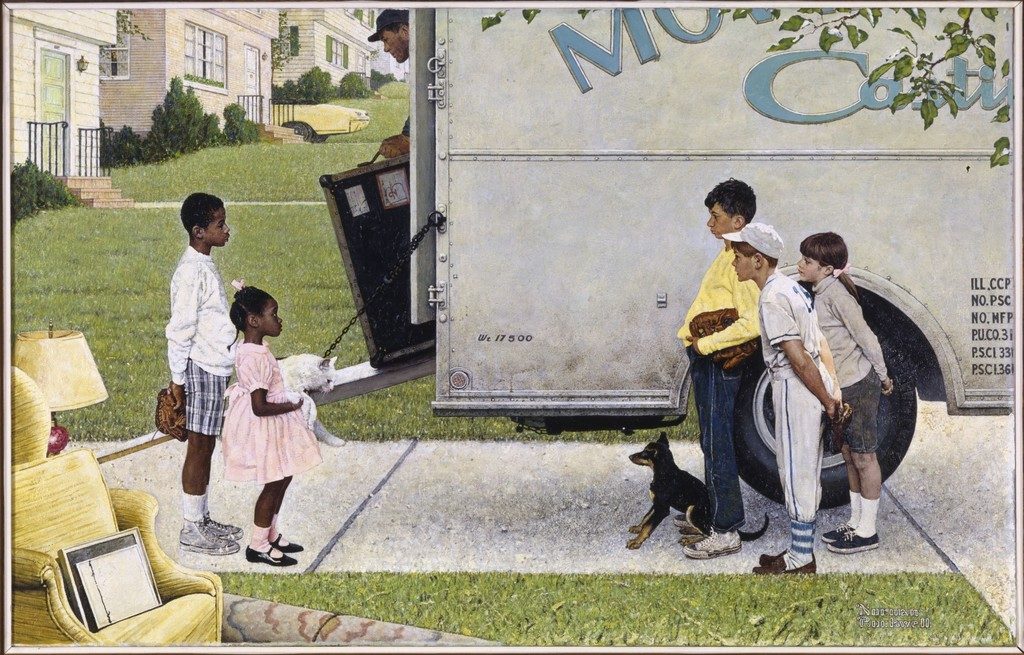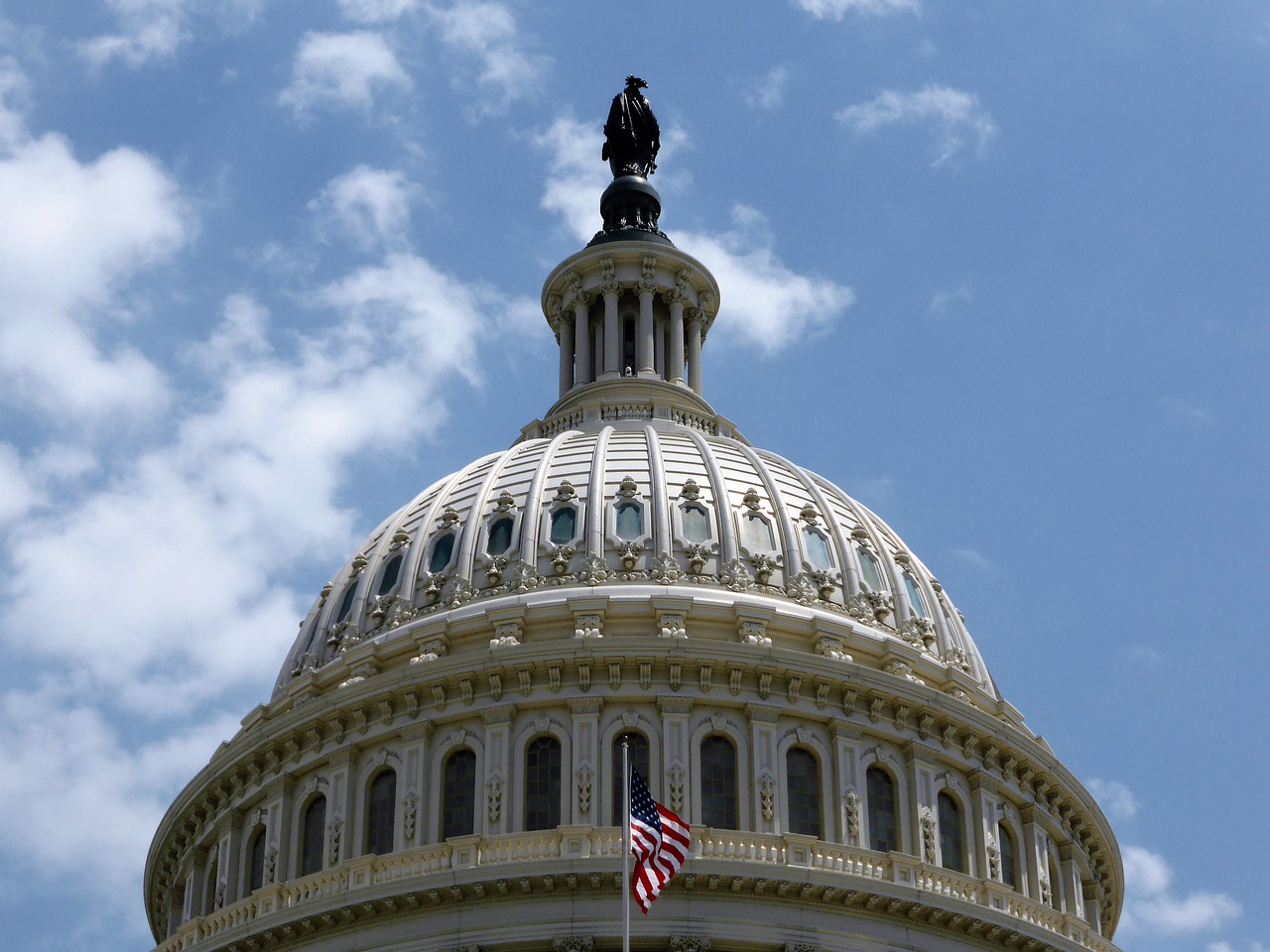Viewpoint: Privilege Comes From Systematic Racism
The phrase “white privilege” has become common in discussions among white people and people of color. However, the concept of ‘privilege’ has been mistakenly interpreted to mean that white people do not face any hardships, and that their accomplishments are not their own. This has unfortunately become a widely accepted theory. White privilege relates directly to systematic racism, and systematic racism refers to the discrimination that is rooted within societal institutions – such as the job market, law enforcement, education, etc. – that specifically targets minorities. White privilege does not mean white people do not experience pain or hardships, but rather the meaning of privilege is that between two people who are identical in everything but ethnicity, the person of color will not be afforded the same opportunities as his white counterpart.
Employment
Structural racism is exhibited when looking at unemployment rates between white people and people of color. For example, a research study conducted by the Center for Economic and Policy Research, found that African-Americans with college degrees were twice as likely to be unemployed than all other graduates. A major factor for this? Resumes with white-sounding names had a higher callback rate – 50% higher — than identical resumes with a stronger black-sounding name. In addition, the British Social Attitudes (BSA) survey found that that number of individuals who described themselves as prejudiced has increased since 2001, with the greatest rise being in white, professional men – who were wealthy and well-educated – and were between the ages of 35 and 64. The concern about this statistic is that these are the individuals who possess hiring power, and their biases affect minorities, but not white people.
Surveillance
Increased surveillance for white people is rare, however for Muslims, being signaled out by law enforcement for their religion is unfortunately common. For example, in 2016, the AP uncovered that the New York Police Department had developed an intelligence program that monitored Muslims even when there were no links to terrorism. Individuals were singled out for their religion, and their communities were spied on in places of worship, which further stigmatized a minority group, and created mistrust between Muslims and law enforcement. Furthermore, the FBI has placed innocent Muslims on the no-fly list, and forced them to become informants, in order to be removed from the list. If they refused, the FBI would then retaliate. Thus, systematic racism means White people can have more trusting relationships with law enforcement, which is not offered to minorities for reasons like their skin color and/or their religion.
Education
Another factor where structural racism persists is in schools. For example, a study found that race-based stress can partly explain the disparities in academic performance between white students and black and Latino students. The study discovered that when students encountered racial discrimination – or even had the desire to overcome negative stereotypes – their bodies produced more stress hormones which can hinder their learning and motivation in school. Cortisol is a hormone the body releases during times of stress, and a separate study found that adolescents from minority groups who encountered more discrimination had more dysfunctional cortisol levels, which can later result in health issues such as: higher fatigue, cardiovascular disease, and impaired memory. Therefore, combating racism in society and/or schools further hinders minorities, a barrier not presented to White students.
Systematic Racism
Systematic racism is present in other institutions as well, and the purpose of highlighting the barriers people of color encounter is not to diminish the struggle of white individuals. On the contrary, the goal of discussing systematic racism and white privilege is to explain that society is placing additional barriers upon individuals solely based on their race and/or religion, which is preventing minorities from gaining the same opportunities afforded to their white counterparts.




